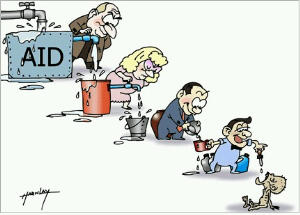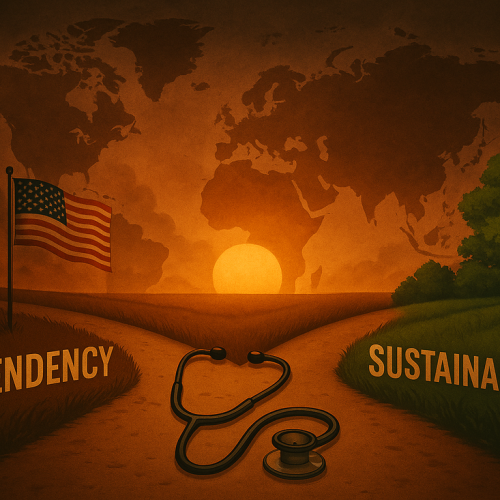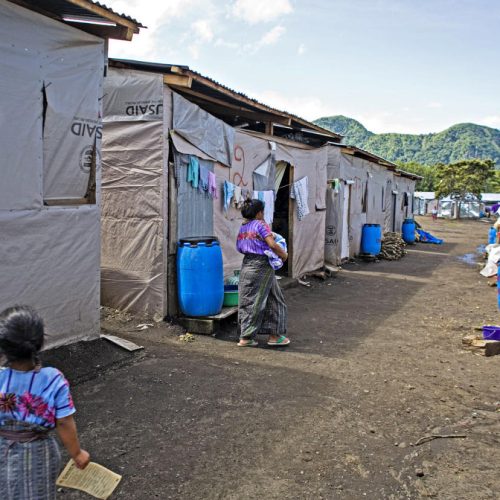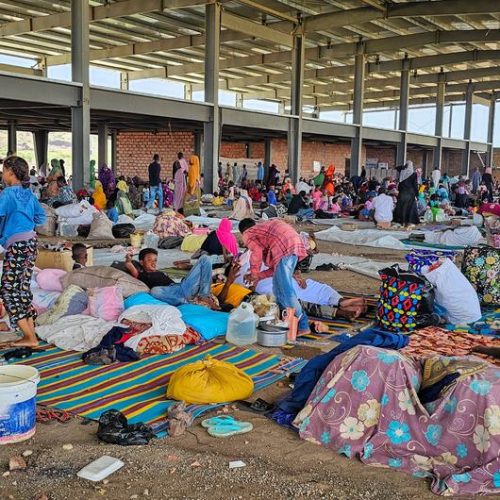September 2, 2023
Fossil Fuel Shackles: How Wealthy Nations Hook Developing Ones
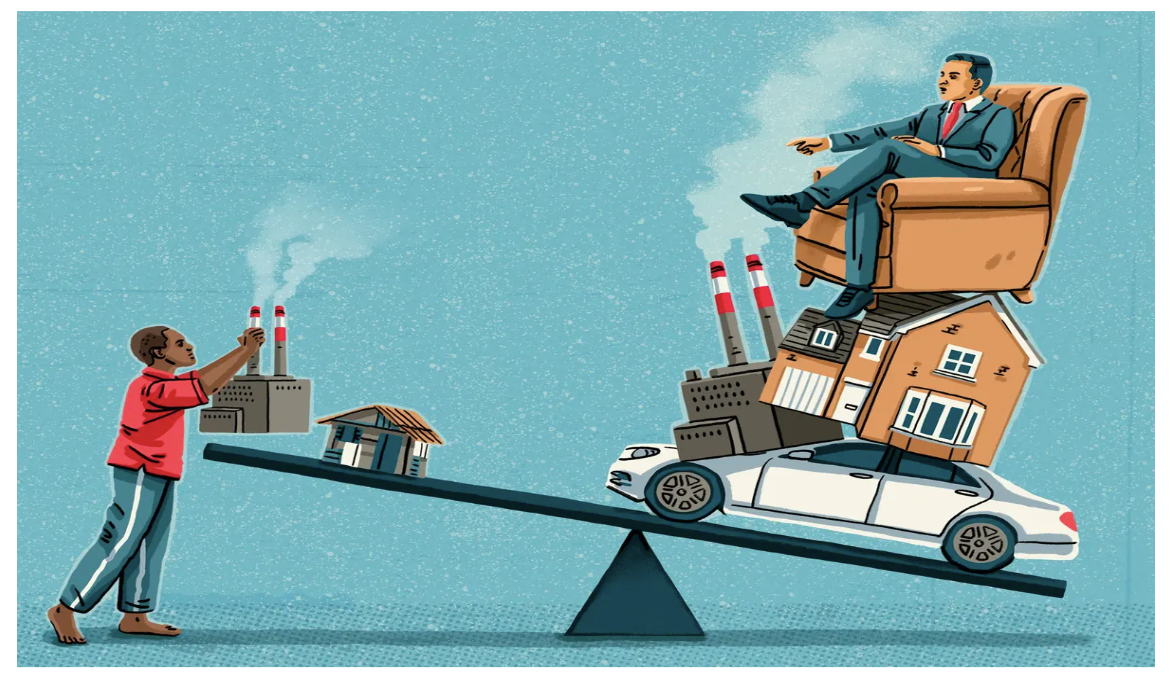
Introduction
In the realm of global environmental justice, a disconcerting phenomenon has gained prominence in recent times: the entrapment of impoverished nations by their wealthier counterparts into a relentless dependence on fossil fuels. (1) This practice, though obscured by economic negotiations, perpetuates a cycle of environmental degradation and inequality. By examining pertinent examples and evidence, this essay aims to illuminate the detrimental consequences of this pattern, exposing how such actions hinder both sustainable development and the global fight against climate change.
Historical Patterns of Influence and Dependence
Historically, the relationship between rich and poor nations has been characterized by asymmetrical power dynamics, wherein the economic and political influence of wealthy countries encourage and enable the growth of fossil fuel industries in poor nations. An example lies in multinational corporations from wealthy nations investing heavily in fossil fuel extraction and infrastructure development in developing countries, thereby cementing their reliance on these polluting energy sources.
Economic Interests and Exports of Fossil Fuel Technology
Wealthy countries frequently export their fossil fuel production to poorer nations, reinforcing the latter’s reliance on these energy sources while cleaning their own air. A notable illustration is the export of coal technology from developed nations to countries with significant coal reserves, fostering the expansion of coal-based power generation.
Policy Influence and Trade Agreements
Trade agreements and policies further perpetuate fossil fuel dependency by favoring fossil fuel trade over renewable energy options. Such agreements lock poorer countries into a trajectory of dependence, undermining their ability to pursue more sustainable development pathways. Consider the case of Angola, a developing nation with significant oil reserves. Wealthy nations have engaged in agreements that prioritize the import of Angolan oil (2), often due to favorable trade terms and geopolitical considerations. As a result, Angola’s economy has become heavily reliant on oil exports, inhibiting its diversification into cleaner and more sustainable industries. (3)
Environmental and Human Health Impacts
The persistent reliance on fossil fuels takes a heavy toll on both the environment and public health. Poor nations often lack the resources to adopt advanced environmental protection measures, leading to air and water pollution, deforestation, and biodiversity loss. Moreover, communities living in proximity to fossil fuel extraction sites frequently suffer adverse health effects. This predicament is worsened when these communities lack the necessary resources to adapt to, or mitigate, the impacts.
For example, multinational corporations from developed nations often exploit fossil fuel resources in countries like Nigeria and Ecuador, where lax regulations and lower labor costs facilitate resource extraction. As a result, these corporations externalize the environmental costs of their energy consumption, exporting negative consequences to these regions. (4) Communities in the Global South, such as those living in the Niger Delta or the Amazon rainforest, bear the brunt of these environmental impacts. They face challenges like air and water pollution, deforestation, and loss of biodiversity. Importantly, these communities often lack the resources and infrastructure for effective mitigation and adaptation, magnifying the overall impact of this exporting devastation.
Stifling Sustainable Development and Climate Mitigation
The trappings of fossil fuel dependency impede sustainable development and climate mitigation efforts. The diversion of resources and investments towards fossil fuel infrastructure constrains the development of renewable energy sources and clean technologies in poor nations.
Conclusion
Rich countries, in their pursuit of economic interests, have trapped poor nations in a cycle of fossil fuel dependency that undermines sustainable development and exacerbates global environmental challenges. Breaking free from this cycle requires revising power relations to build collaborative efforts, where wealthy countries prioritize providing support for renewable energy development, capacity-building, and technology transfer. By fostering equitable partnerships, the global community can work towards a more sustainable future, where all nations can harness the benefits of clean energy while mitigating the adverse impacts of climate change.
Links Referenced:
- https://www.theguardian.com/global-development/2023/aug/21/rich-countries-trap-poor-nations-into-relying-on-fossil-fuels
- https://www.trade.gov/country-commercial-guides/angola-market-overview
- https://www.elibrary.imf.org/view/journals/002/2022/012/article-A001-en.xml
- http://newclimateeconomy.report/2016/wp-content/uploads/sites/4/2014/08/NCE_2016Report.pdf
Image Credit: Larry Elliot
